The final revelation is that lying, the telling of beautiful untrue things, is the proper aim of art
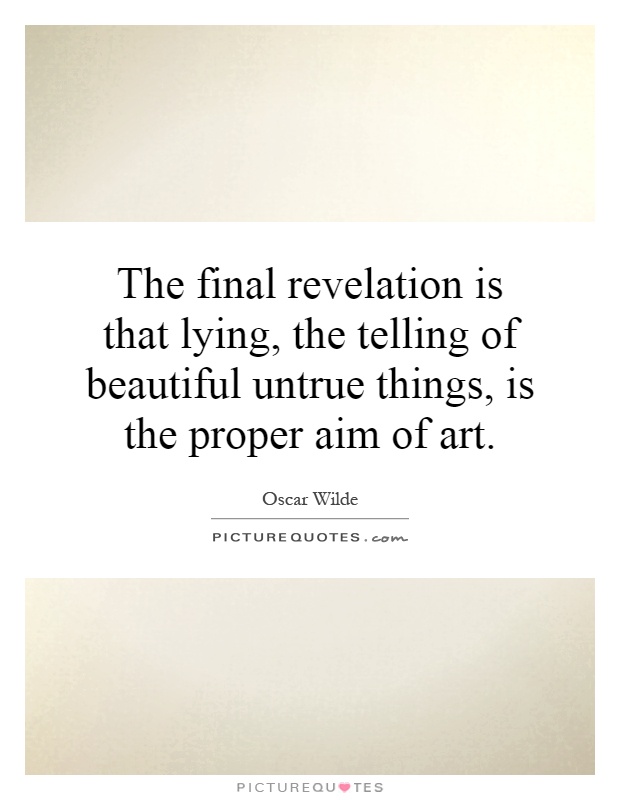
The final revelation is that lying, the telling of beautiful untrue things, is the proper aim of art
Oscar Wilde, the renowned Irish playwright, poet, and author, was a firm believer in the power of art to reveal truths through the telling of beautiful lies. In his essay "The Decay of Lying," Wilde famously stated that "the final revelation is that lying, the telling of beautiful untrue things, is the proper aim of art." This bold assertion challenges conventional notions of truth and reality, suggesting that art has the ability to transcend the limitations of the everyday world and offer a deeper, more profound understanding of the human experience.Wilde's philosophy on art and lying can be seen in his own works, which often blur the lines between reality and fiction. In his play "The Importance of Being Earnest," Wilde uses wit, humor, and satire to explore the absurdities of Victorian society, creating a world where deception and artifice reign supreme. The characters in the play engage in elaborate deceptions and fabrications, leading to hilarious misunderstandings and revelations. Through these lies, Wilde exposes the hypocrisy and superficiality of the society in which he lived, challenging his audience to question their own beliefs and values.
Wilde's belief in the power of art to reveal truths through lies can also be seen in his poetry, particularly in his collection "The Ballad of Reading Gaol." In this work, Wilde reflects on his own experiences of imprisonment and the harsh realities of life in a Victorian prison. Through his lyrical and evocative language, Wilde creates a vivid and haunting portrait of the human condition, exploring themes of suffering, redemption, and the search for meaning in a world filled with pain and injustice.
Overall, Wilde's assertion that lying is the proper aim of art challenges us to reconsider our preconceived notions of truth and reality. By embracing the beauty of falsehood and deception, Wilde invites us to look beyond the surface of things and explore the deeper truths that lie beneath. In a world filled with half-truths and illusions, Wilde's philosophy reminds us of the transformative power of art to reveal the hidden complexities of the human experience.






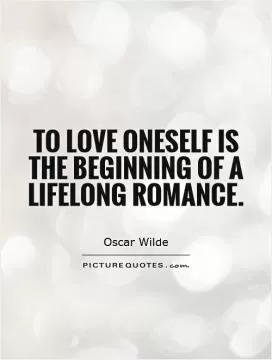

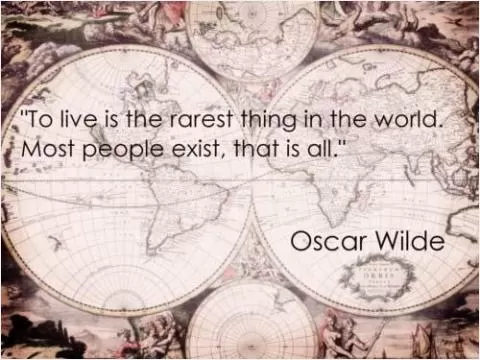
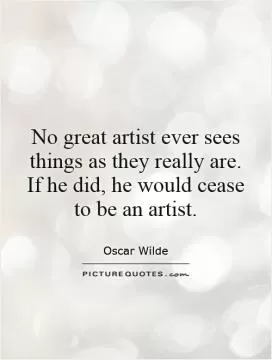

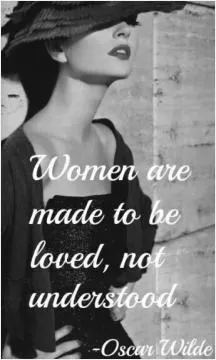
 Friendship Quotes
Friendship Quotes Love Quotes
Love Quotes Life Quotes
Life Quotes Funny Quotes
Funny Quotes Motivational Quotes
Motivational Quotes Inspirational Quotes
Inspirational Quotes